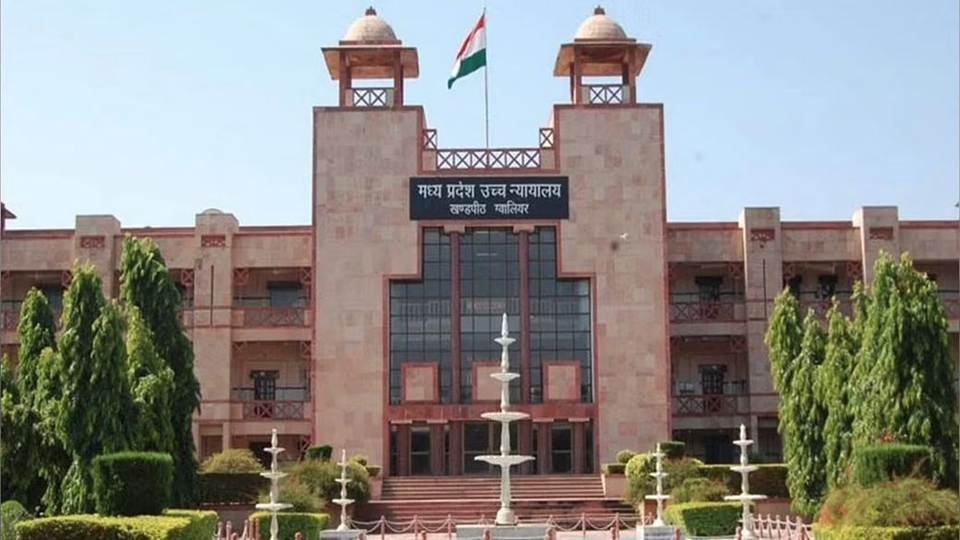The courts of the country are run as per the laws and regulations, laws which are designed as per the civilisational ethos of the land. And the foremost goal of every civilisation is to safeguard the interests of the most vulnerable sections of society: children, elderly people, and women. Women, as a gender, are at the risk of one of the most intimate crimes, that being rape.
Although the Indian legal system logs rape as a “non-bailable offence” and the social construct terms it as heinous, the humanitarian gesture by the ones obliged to deliver justice has questioned the national psyche of the country. The same can be said for the recent decision of Madhya Pradesh High Court.
MP High Court calls a rapist “kind enough”
The Indore Bench of the Madhya Pradesh High Court has commuted the sentence of a man convicted of raping a girl child of a mere 4 years of age. As per the report, Ram Singh, who used to sell medicines and herbs, was convicted of raping a girl by luring her to the tent by offering her one rupee on May 31, 2007. In 2009, the Additional Sessions Judge Indore convicted and sentenced him to life imprisonment.
The convict’s lawyer told the court that he had been falsely implicated and that he had already spent 15 years in jail since the time of his arrest and requested a reduction in his sentence to the sentence already served by him.
While the counsel for the state opposed Ram Singh, he denied his leniency. The Indore bench, comprising Justice Subodh Abhyankar and Justice Saytendra Kumar Singh, however, reduced his term. The bench, in its order dated October 18, said that considering he was “kind enough to leave the prosecutrix alive, this court is of the opinion that life imprisonment can be reduced to 20 years of rigorous imprisonment.
Some Examples of “Humanitarian Gesture” by the Court
Earlier, the Supreme Court of India had reduced the death sentence of a man, Mohd Firoz, convicted of raping and killing a 4-year-old girl. The Supreme Court bench comprising Justices UU Lalit, S Ravindra Bhat and Bela M. Trivedi opined that Mohd Firoz deserves an opportunity to become an individual who could benefit society in the future. Mohd Firoz was 35 years old when he raped that little angel. He will be over 55 years old when he gets out of jail. He will be a lot older, weaker and of virtually no use to society. This cannot prove how he would serve society at that age.
The Bilkis-Bano case is no different. Bano suffered from the rarest of rare crimes. However, recently, the state government decided to free 11 men convicted in the case on the basis of “good behavior”.
In the infamous Kerala Nun rape case, Bishop Franco Mulakkal was acquitted while the nun was forced to live the rest of her life under isolation and threat.
The heinosity of rape and humanitarian gestures of the courts
Every individual, be it in any territory, any government, or any society, deserves an opportunity to become someone who would benefit society in the future. This is what the law believes, considering every human being to be divine. In the practical world, that is simply not possible.
Although the law believes that every individual gets an opportunity to correct his/her sins, the perception of criminals going scot free raises the threat level in society. The court, following a humanitarian gesture, reduced the sentence of a man who had raped a 4-year-old child. However, in an unsaid opinion, the court has ended up providing a cover for a criminal.
Support TFI:
Support us to strengthen the ‘Right’ ideology of cultural nationalism by purchasing the best quality garments from TFI-STORE.COM
